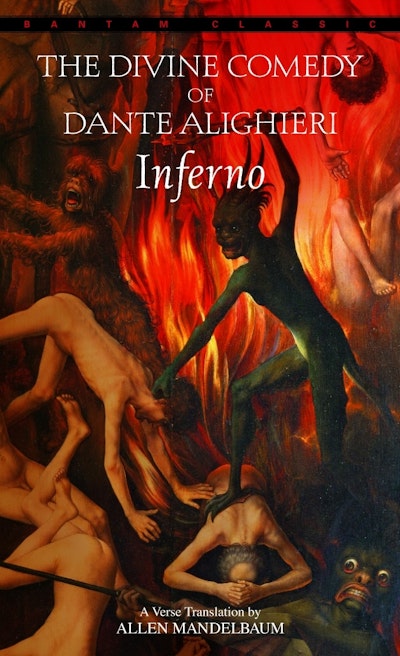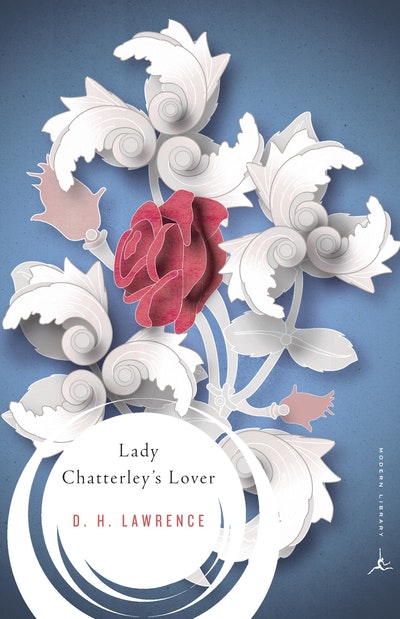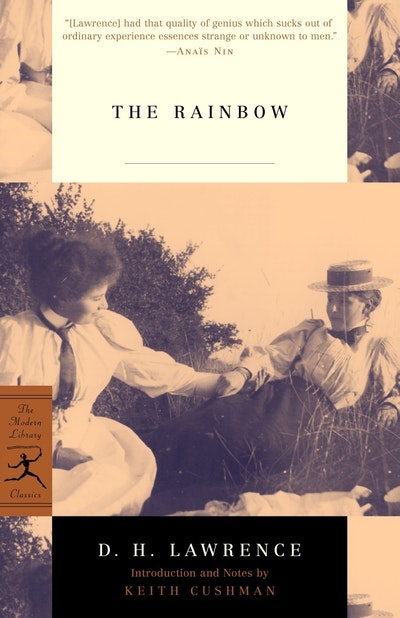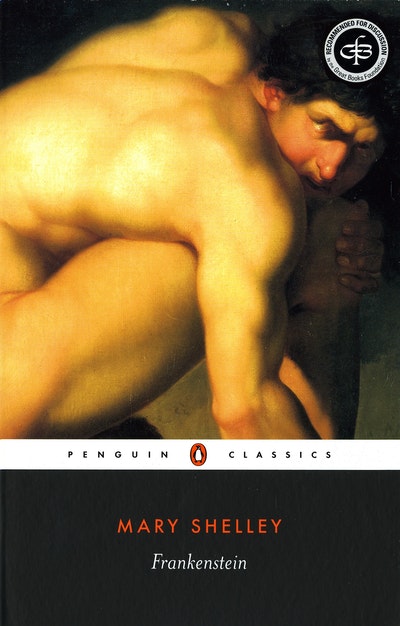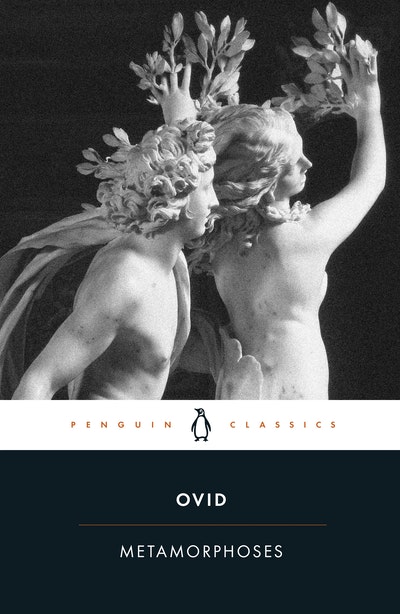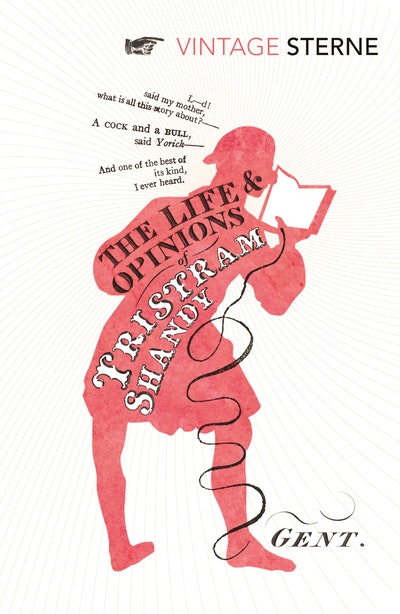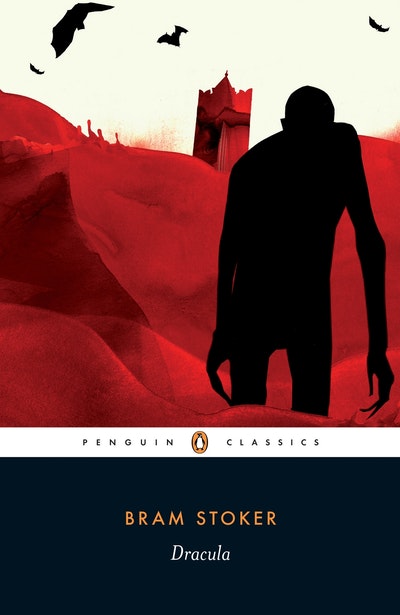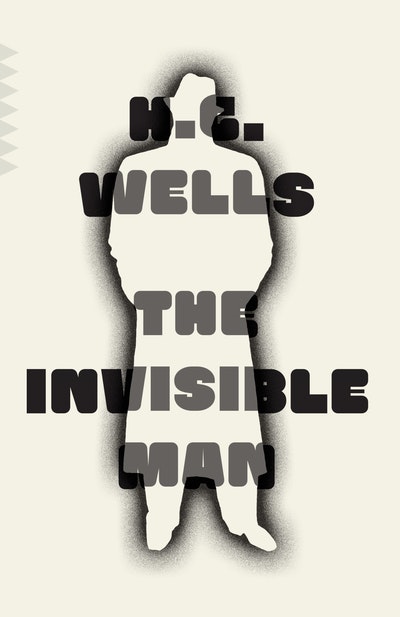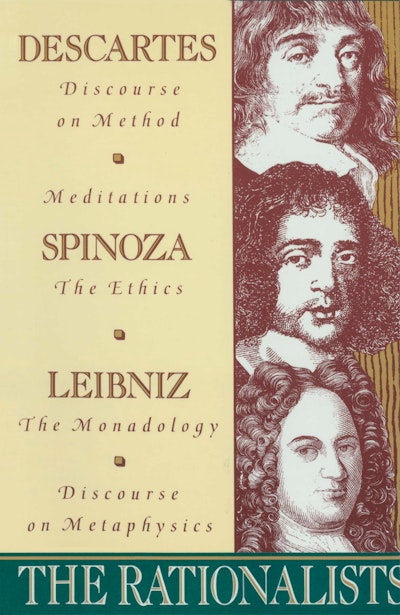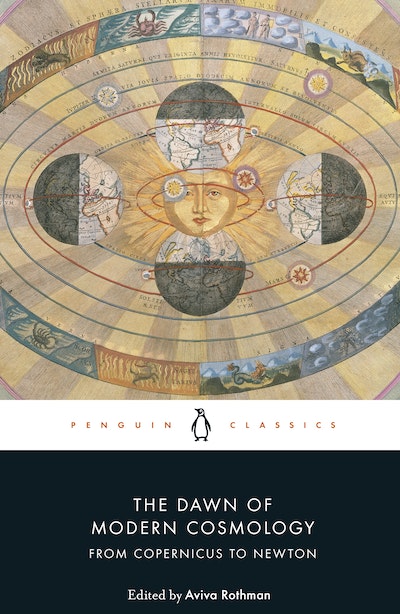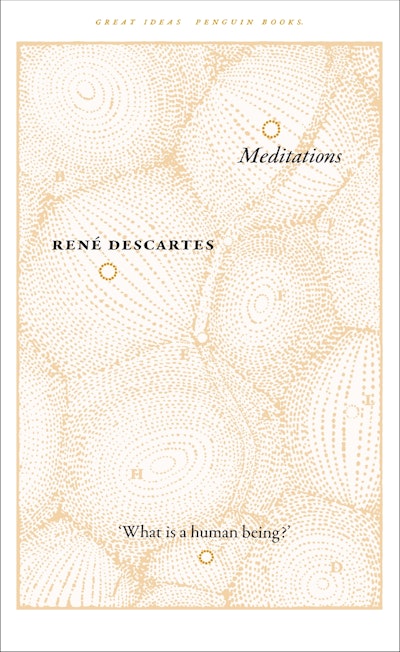- Published: 9 November 1999
- ISBN: 9780140446999
- Imprint: Penguin Classics
- Format: Paperback
- Pages: 256
- RRP: $26.00
Discourse on Method and Related Writings
Penguin Classics relaunch
This is the second of a new two-volume edition of the works of Descartes in Penguin Classics. This volume is designed for students who approach Descartes from the point of view of his philosophy of science. Includes DISCOURSE ON METHOD, the most accessible and well-known of his discussions of scientific method; the first seven chapters of the earlier, unpublished work, THE WORLD; as well as a selection of Descartes' correspondence and his replies to his critics.
- Published: 9 November 1999
- ISBN: 9780140446999
- Imprint: Penguin Classics
- Format: Paperback
- Pages: 256
- RRP: $26.00
Other books in the series
About the author
René Descartes was born in 1596 at La Haye (now called Descartes) near Tours, and educated at the Jesuit College at La Flèche. Like many of his contemporaries he contested the value of an education based on Aristotelianism and, after leaving college, attempted to resolve the sceptical crisis of his age by devising a method of reasoning modelled on the rigour and certainty of mathematics.
Despite claiming to avoid theological questions and stay within the scope of human reason, his writings involved him in numerous disputes with theologians of both the Catholic and (especially) the Reformed persuasion. In 1621, after a period spent in the Netherlands, Bohemia and Hungary as a soldier, he left the army and devoted himself to the study of science and philosophy. He retired to the Netherlands in 1628 and spent the next twenty years there, living and working in seclusion. Then in late 1649, after an invitation the previous year, he went to Sweden to take up a post instructing Queen Christina in philosophy.
Descartes' habit for many years was to rise not much before midmorning but the Queen wished to be tutored at five o'clock in the morning, three days a week. This and the cold weather placed a severe strain on Descartes' health and he contracted pneumonia, dying in Stockholm in early 1650, having only just begun to teach the Queen. His last words were reportedly a mon âme, il faut partir ('my soul, it is time to depart').


















